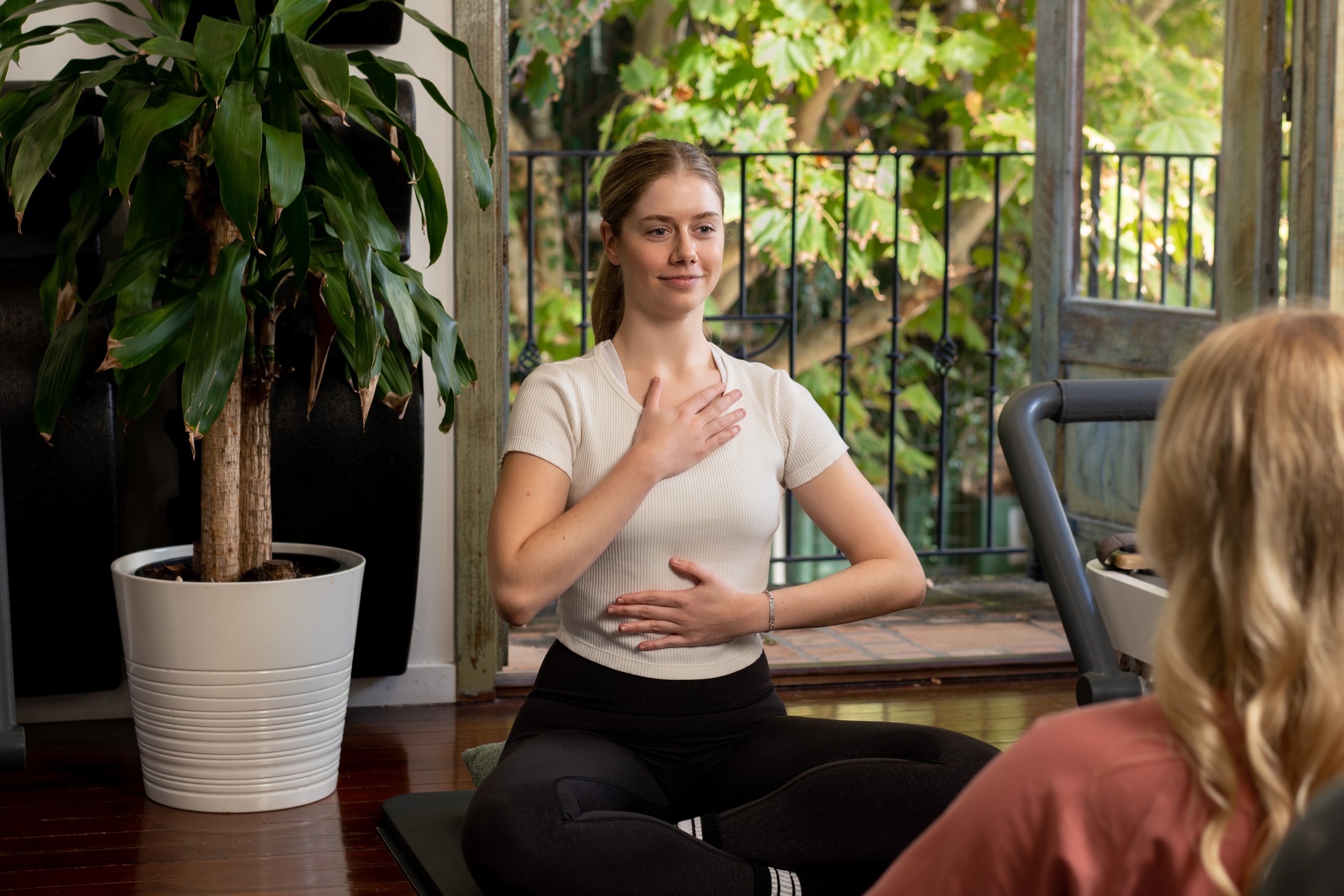the.BLOG
Online resources to keep our members up to date with the latest research into all things movement science.

Have the chocolate and eat it too…
Gentle support for navigating the Easter long weekend. A guest blog written by Women's Health Dietitian and Nutritionist Kristen Demedio of Seed Nutrition.


Understanding Pain & Flares while Exercising with Endometriosis
Struggling to exercise with endometriosis? Discover why working with a Women's Health Exercise Physiologist is essential for managing pain, reducing flares, and calming a hypersensitive nervous system. Learn how tailored movement, pelvic floor release, and nervous system downregulation can help you feel safe and supported while building strength.

Breaking Barriers: How Melissa Conquered her Fitness Fears
Discover how Melissa overcame ankle pain and found empowerment through any.BODY Pilates & Exercise Physiology, transforming her relationship with movement and building lifelong resilience.

The Menopause Reset: Learning to Honour Your Body Through the Stages of Menopause
Join The Menopause Reset on March 22nd for a supportive and empowering workshop designed to help you navigate perimenopause with confidence. Led by experts Elle de Wet (Accredited Exercise Physiologist) and Angelique Clarke (Perimenopause Dietitian & Exercise Physiologist), this event will explore strength training for menopause, nutrition to support body composition and energy, and down regulation techniques for hormone balance. Learn how to work with your body, reduce fatigue, and build resilience through movement, nourishment, and recovery strategies. Limited spots available – book now!

We understand Complex Pain. When movement causes pain, how are you meant to exercise?
When movement causes pain, exercise can feel impossible — but it doesn’t have to be. At any.BODY, we specialise in supporting people with complex pain conditions through gentle, evidence-based movement guided by Accredited Exercise Physiologists. Learn how nervous system regulation, pacing strategies, and personalised programs can help you exercise without flare-ups or fear.

Why Interval Running Is Perfect for Women Going Through Menopause
Discover why interval running is an ideal form of exercise for women navigating perimenopause and menopause. Learn how it supports hormonal health, builds strength, improves cardiovascular fitness, and works with your body—not against it—during this transitional phase. Backed by exercise physiology and tailored for fluctuating energy levels.
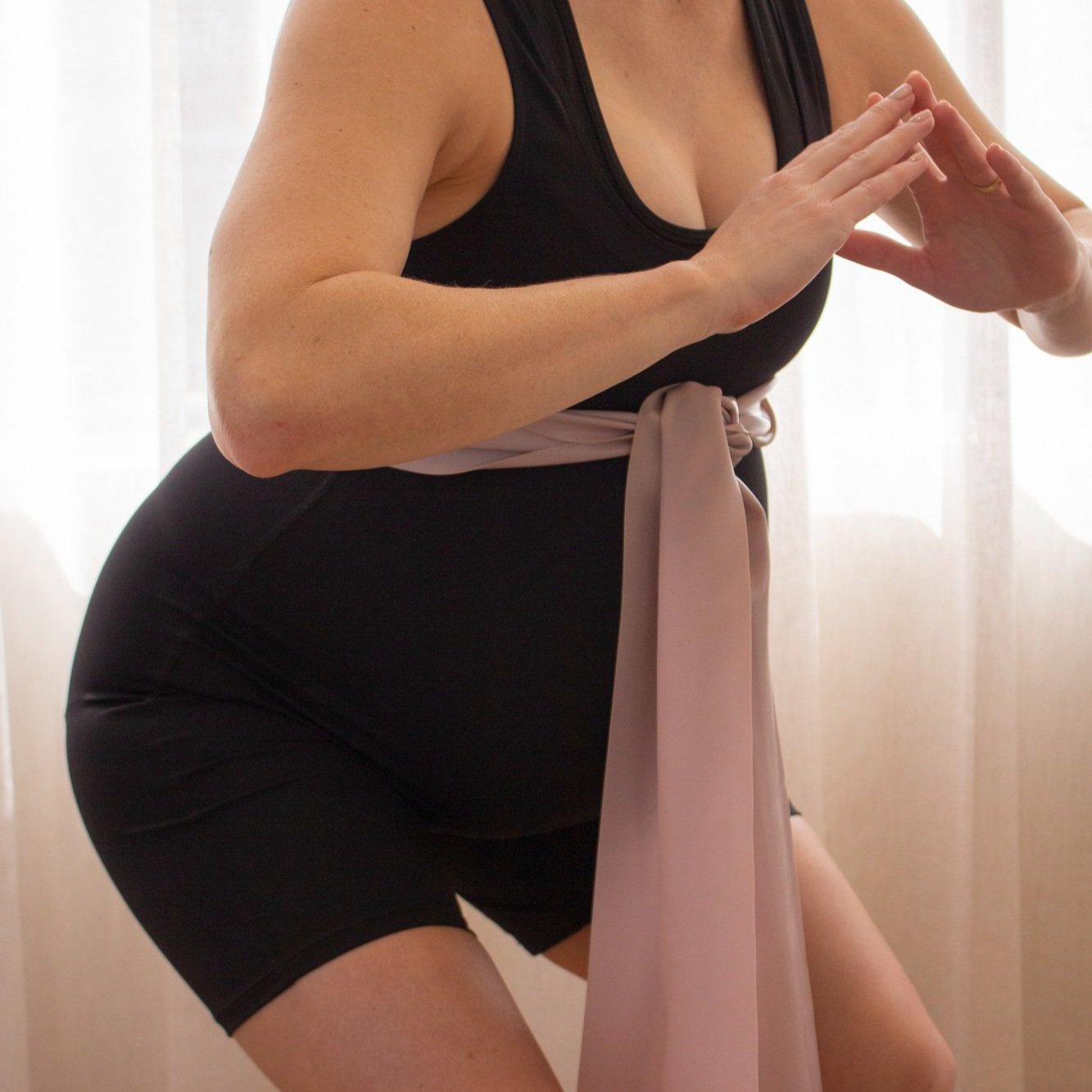
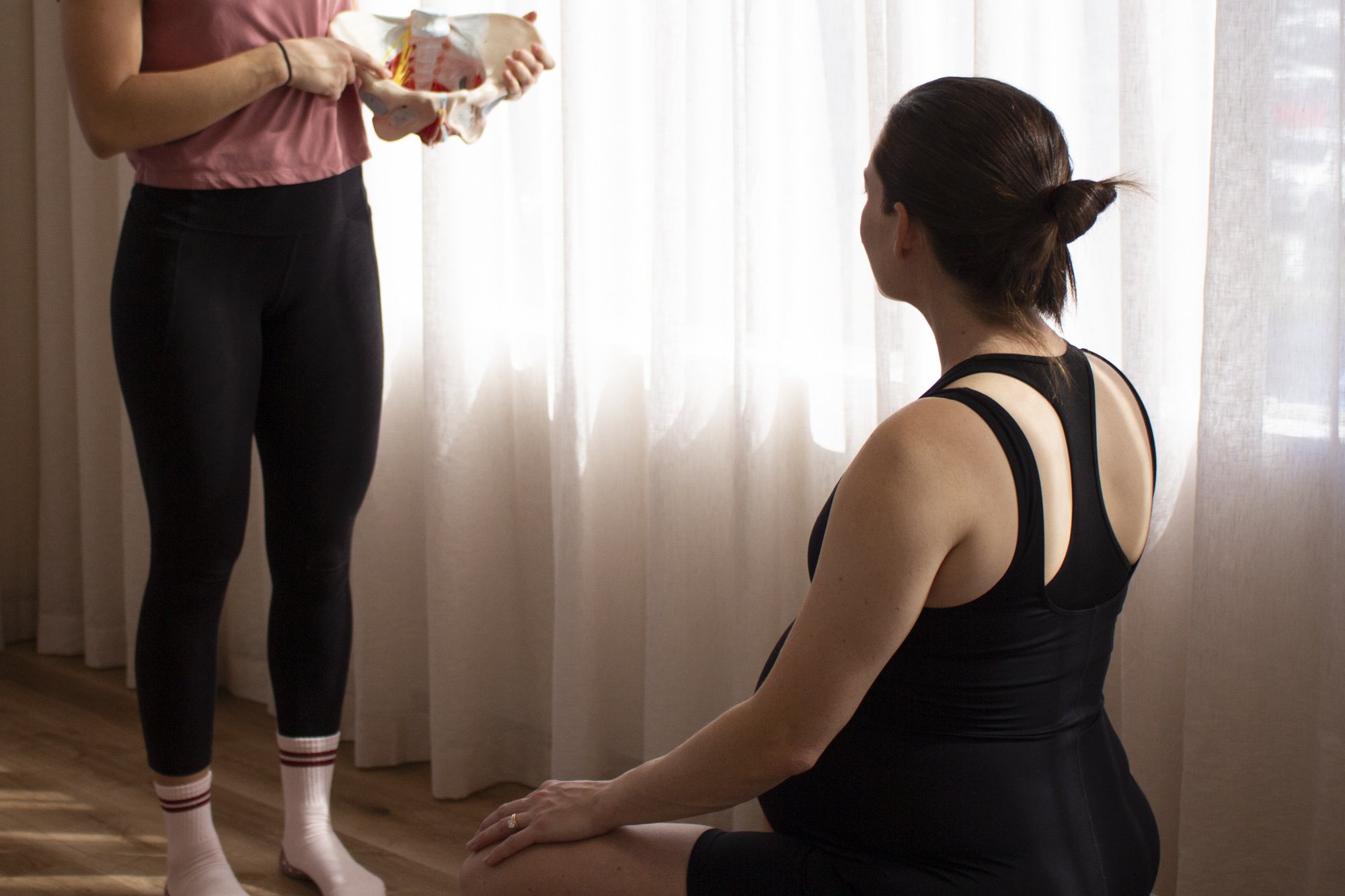
4 Urinary Incontinence Myths Debunked
Women’s Health Exercise Physiologist Georgia debunks 4 common urinary incontinence myths.
You don’t need to accept urinary incontinence as a permanent fixture in your life. Our any.BODY women’s health exercise physiologists can equip you with the knowledge and tools to tackle incontinence head-on.


Releasing Pelvic Floor Tension
Our programming approaches normally include components of
Tools to assist with manual pelvic floor self release
Mind body connection - understanding how to manipulate your joints and positions
Improving functionality
Improving foot posture
Seeking assistance from a Women’s Health Exercise Physiologist will allow you to receive support to treat your pelvic floor tension. During an assessment we can holistically consider these factors, as well as assessing your biomechanics, to provide tailored advice and programming.
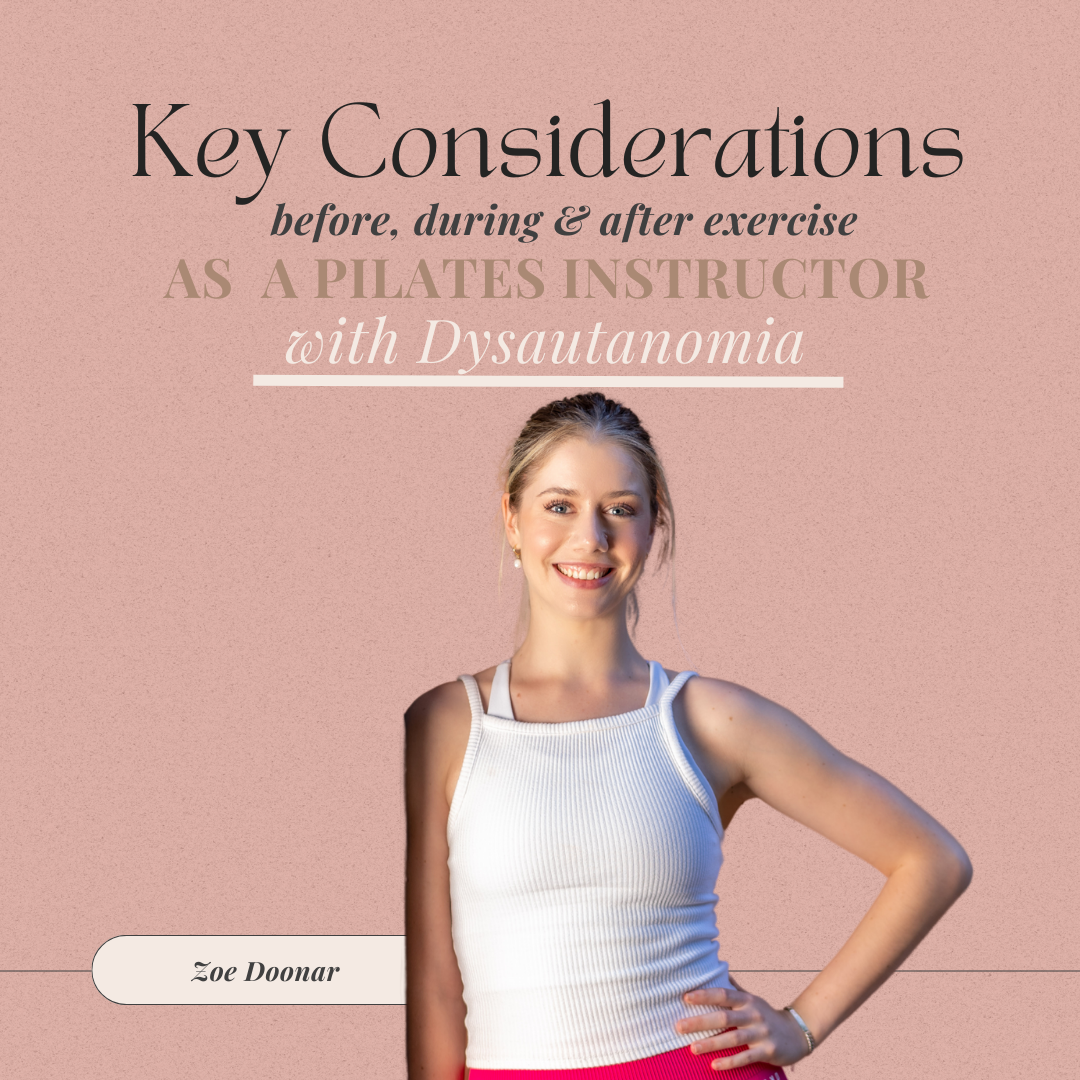
Key Considerations - before, during & after exercise from a Pilates Instructor with Dysautanomia
I am Zoe, I am a Pilates Instructor with Dysautonomia. I am extremely passionate about creating awareness and helping women with EDS, POTS + Dysautonomia reconnect with their body, stop dissociating and make movement a priority in their life.

Is Exercise a struggle for your POTS? We can help!
Our team at any.BODY is trained not just in exercise prescription for chronic health conditions but are also experts at problem solving and adapting to how your health is presenting on the day we see you! With a condition like POTS where your symptoms can fluctuate daily, we are confident we can assist you to safely, effectively, and enjoyable move, while managing your symptoms.
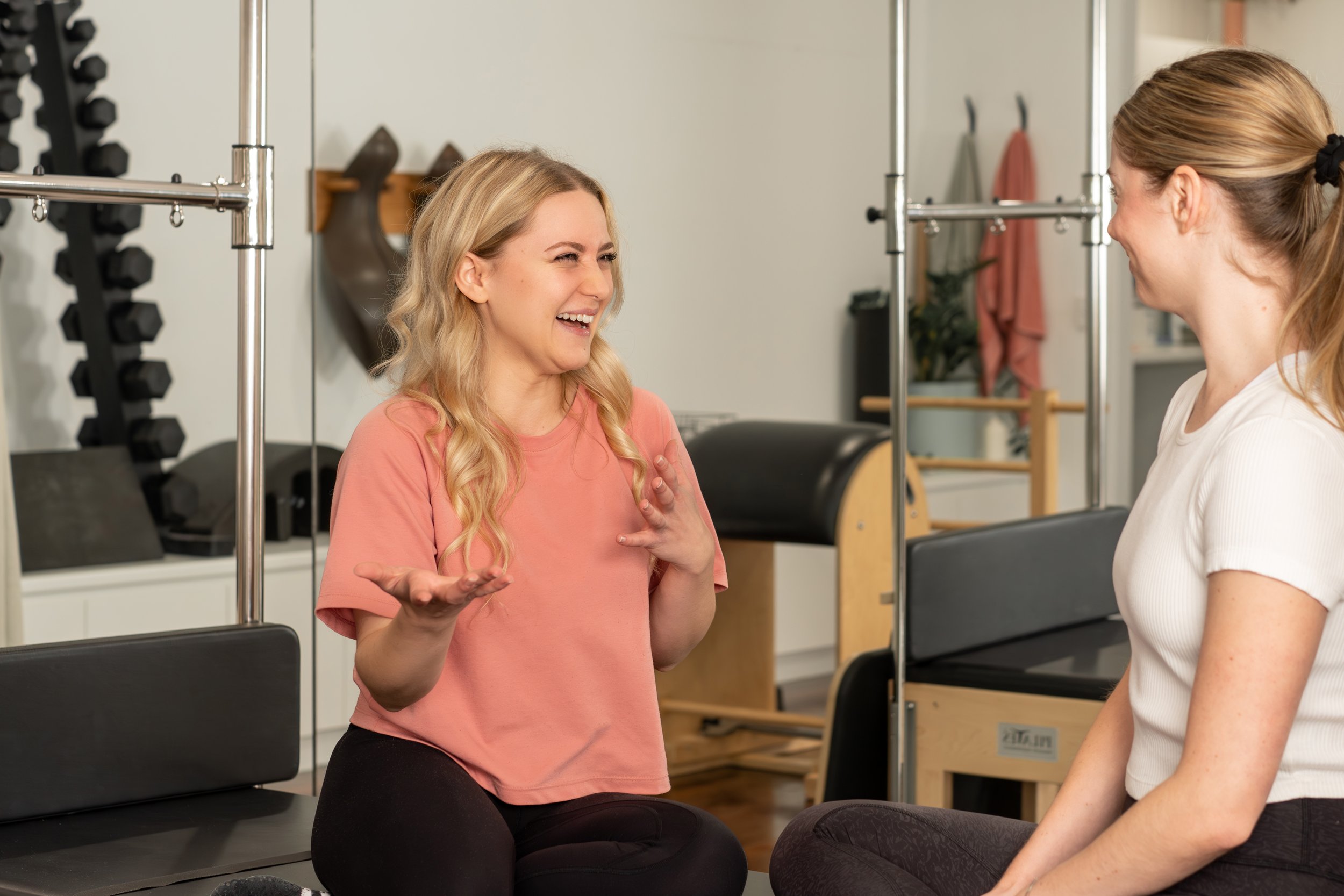
Physiological Changes that Impact Return to Running Postpartum
The common experience for most women is to have their 6 week checkup, and be “cleared for all exercise”. However, any other rehabilitation process (done correctly) follows a gradual, phased approach to return to movement for optimal outcomes. So why would pregnancy- a time where every system of the body undergoes significant change, be any different?

Do you feel un-coordinated and awkward when trying to exercise?
Here are some ways an Exercise Physiologist can help someone with Hypermobility or Ehlers Danlos Syndrome.
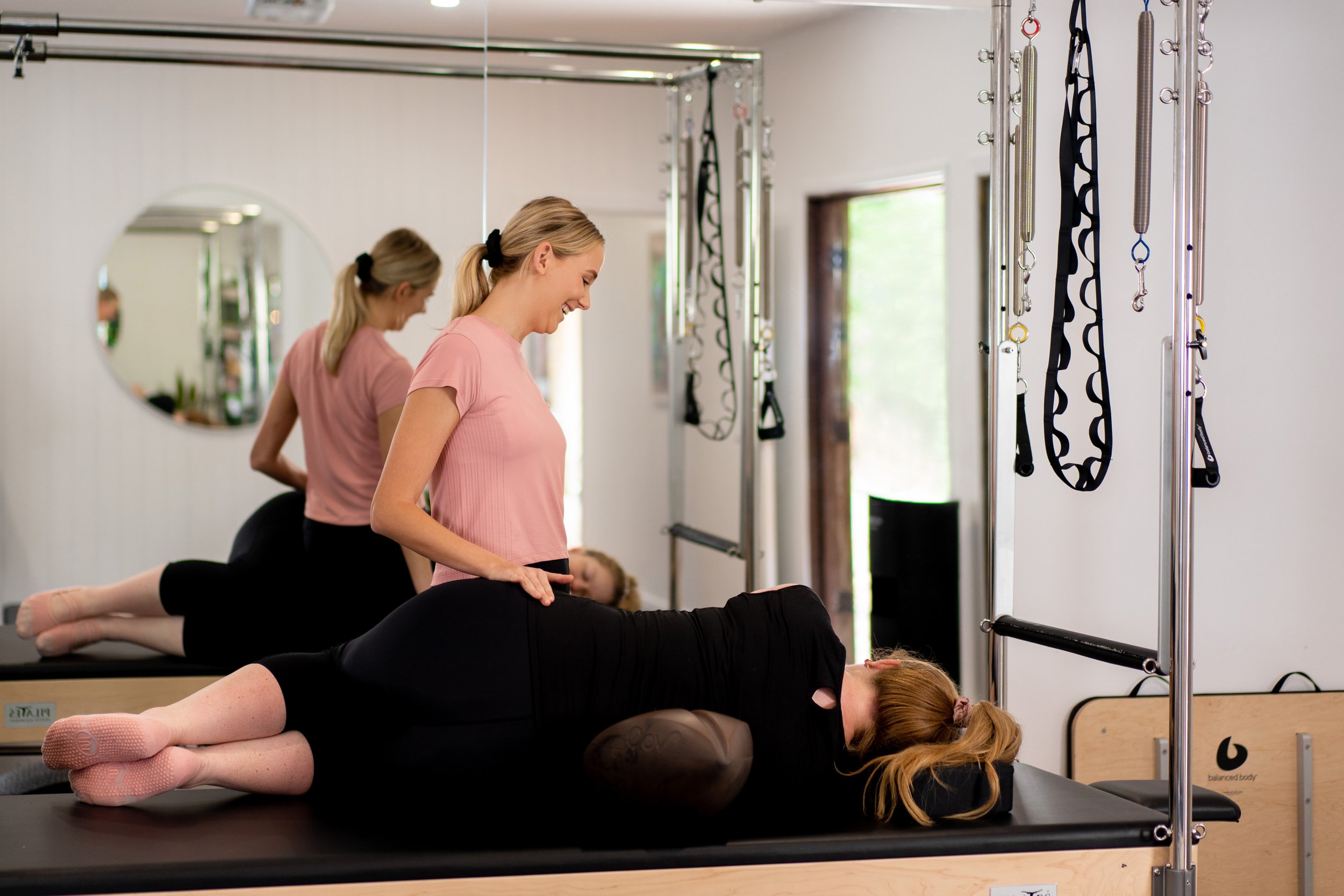

Exercise and Ehlers Danlos Syndrome (EDS)
While there is no cure for the Ehlers-Danlos syndromes, there is treatment for symptoms, and there are preventative measures that are helpful for most. This is where an Exercise Physiologist can help! Individualised exercise interventions have been shown to help people with EDS


